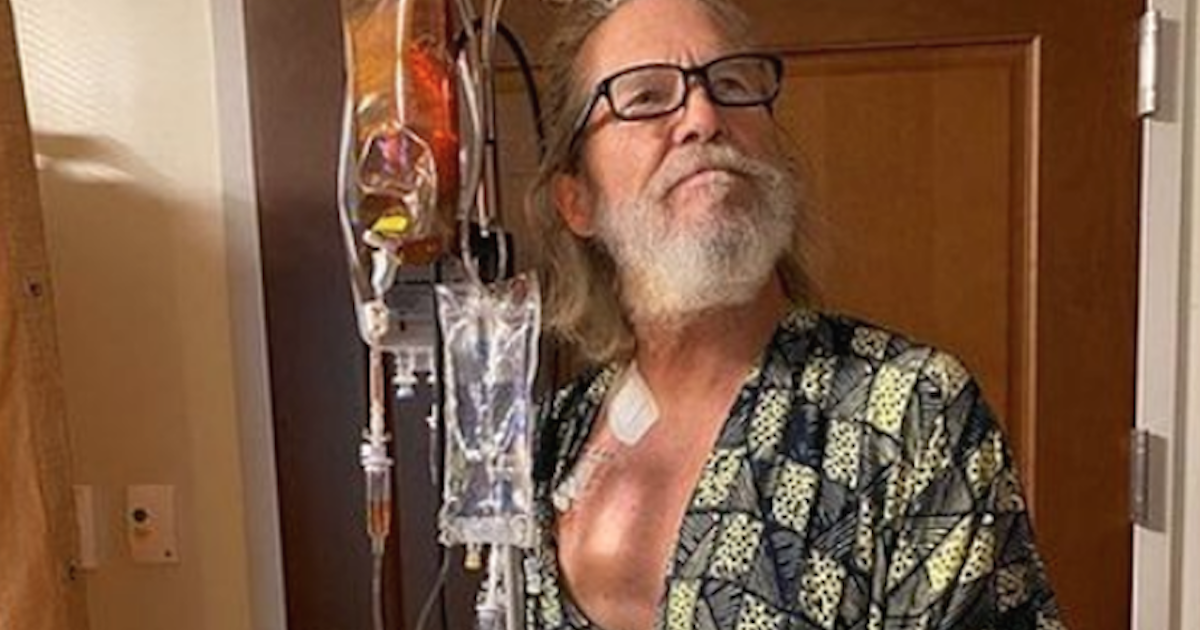Jeff Bridge's Big Heart
- Jeff Bridges, 70, is currently battling lymphoma, and recently donated his guitar to charity.
- There are two types of lymphoma: Hodgkin and non-Hodgkin; treatment varies depending on the type of lymphoma.
- Keeping a positive mindset during cancer treatment can be beneficial.
View this post on Instagram
Jeff Bridges’ Lymphoma
While Bridges hasn’t disclosed his specific type of lymphoma, we do know that the disease generally falls into two categories: Hodgkin lymphoma and non-Hodgkin lymphoma.
Lymphoma is a blood cancer, and the distinction between Hodgkin and non-Hodgkin lies in the white blood cells linked to the disease. If doctors are unable to detect the Reed-Sternberg cell (a giant cell derived from B lymphocytes), then the lymphoma is diagnosed as non-Hodgkin. If Reed-Sternberg cells are present, it is diagnosed as Hodgkin.
Treatment for this disease varies depending upon the type of lymphoma, as well as its progression. Non-Hodgkin lymphoma is more common between the two types, and Hodgkin lymphoma is considered to be more treatable.
Dr. Elise Chong explains why your type of lymphoma matters
Keeping a Postive Mindset
We love Jeff Bridges for myriad reasons, like his great turns in The Big Lebowski and Crazy Heart, and the actor is beloved by many for his laid-back, cool yet sunny disposition.
Related: SurvivorNetTV Presents The Frenchy: A Glorious Film About The Power Of Laughter
During cancer treatment, experts have said that having this kind of attitude a good, positive outlook can be beneficial when undergoing treatment. Dr. Zuri Murrell, a Colorectal Surgeon at Cedars-Sinai Medical Center, told SurvivorNet in a previous interview, “My patients who thrive, even with stage four cancer, from the time that they, about a month after they’re diagnosed, I kind of am pretty good at seeing who is going to be okay.
Dr. Murrell says that a positive attitude isn’t necessarily an antidote to cancer, but it can help people in treatment to live longer, based on Dr. Murrell’s anecdotate evidence. He said, “Now doesn’t that mean I’m good at saying that the cancer won’t grow. But I’m pretty good at telling what kind of patient are going to still have this attitude and probably going to live the longest, even with bad, bad disease. And those are patients who, they have gratitude in life.”
Learn more about SurvivorNet's rigorous medical review process.


